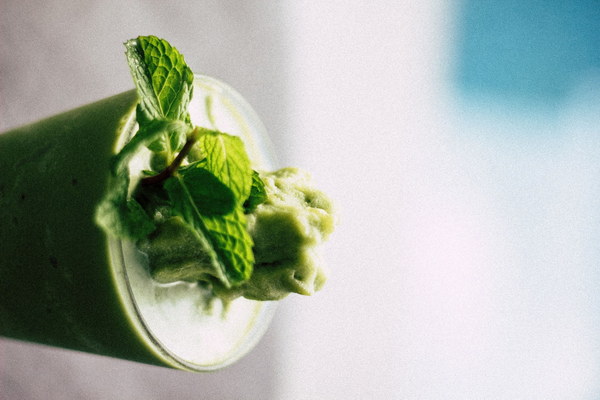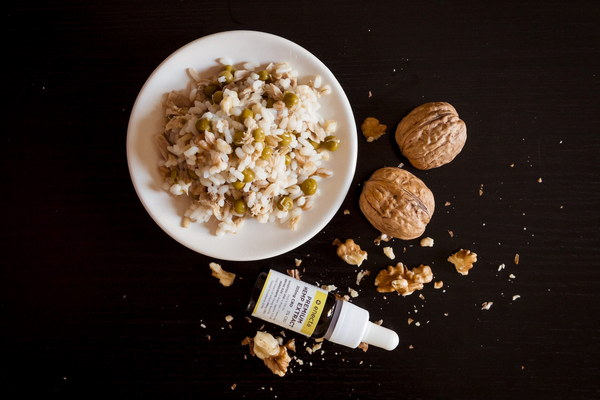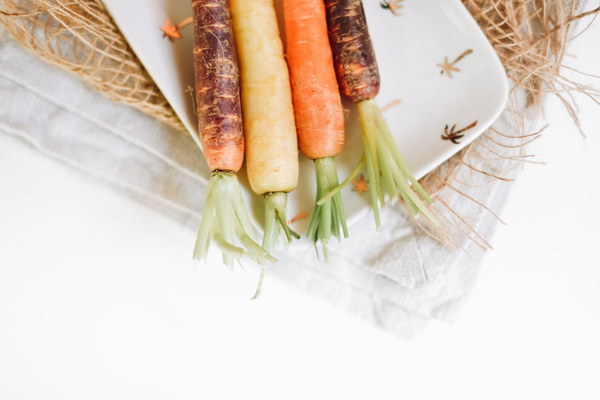Revitalizing Your Health Natural Remedies for TreatingQi Deficiency and Excessive Perspiration
Introduction:
Qi Deficiency and excessive perspiration, commonly known as self-sweating, are common health concerns that can significantly impact one's well-being. In traditional Chinese medicine, Qi is considered the vital energy that flows through the body, maintaining its balance and harmony. When Qi is deficient, it can lead to various symptoms, including excessive sweating. In this article, we will explore natural remedies and lifestyle adjustments to help you manage Qi deficiency and excessive perspiration effectively.
Understanding Qi Deficiency and Excessive Perspiration:
Qi Deficiency, also known as deficient Qi, occurs when the body's Qi is inadequate, leading to weakness, fatigue, and a compromised immune system. Excessive perspiration, or self-sweating, is characterized by an unusual amount of sweating, especially when the body is not overheated or under stress. Both conditions can be triggered by factors such as stress, poor diet, and chronic illness.
1. Diet and Nutrition:
A balanced diet is crucial for managing Qi Deficiency and excessive perspiration. Incorporate the following foods into your daily meals:
a) Nutrient-rich foods: Consume a variety of fruits, vegetables, whole grains, lean proteins, and healthy fats to ensure your body receives the necessary nutrients to support Qi and immune function.
b) Herbs and spices: Traditional Chinese medicine recommends the use of certain herbs and spices to boost Qi and reduce perspiration. Some popular options include Astragalus, Ginseng, and Cinnamon.
c) Hydration: Drink plenty of water throughout the day to maintain hydration and support your body's natural functions.
2. Exercise:
Regular physical activity is essential for maintaining a healthy Qi flow and reducing excessive perspiration. Engage in moderate exercise, such as walking, swimming, or yoga, to strengthen your body and improve overall well-being.
3. Stress Management:
Stress can exacerbate Qi Deficiency and excessive perspiration. Practice stress-reducing techniques, such as meditation, deep breathing exercises, and mindfulness, to help balance your body's Qi and reduce perspiration.
4. Acupuncture and Traditional Chinese Medicine:
Acupuncture, herbal medicine, and other traditional Chinese medicine practices can be effective in treating Qi Deficiency and excessive perspiration. A qualified practitioner can customize a treatment plan to address your specific needs.
5. Lifestyle Adjustments:
Make the following lifestyle changes to support your body's Qi and reduce perspiration:
a) Get adequate sleep: A good night's sleep is essential for restoring Qi and maintaining overall health.

b) Avoid extreme temperatures: Try to stay in a comfortable environment, as extreme heat or cold can exacerbate perspiration.
c) Dress appropriately: Choose breathable, loose-fitting clothing to minimize sweating.
Conclusion:
Managing Qi Deficiency and excessive perspiration requires a holistic approach that combines diet, exercise, stress management, and traditional medicine. By incorporating these natural remedies and lifestyle adjustments, you can effectively improve your well-being and reduce the impact of these common health concerns. Remember to consult with a healthcare professional before starting any new treatment or making significant changes to your lifestyle.









